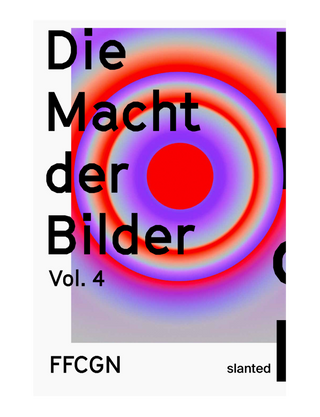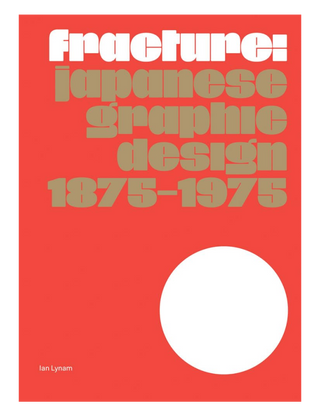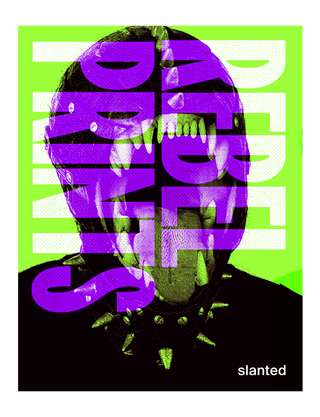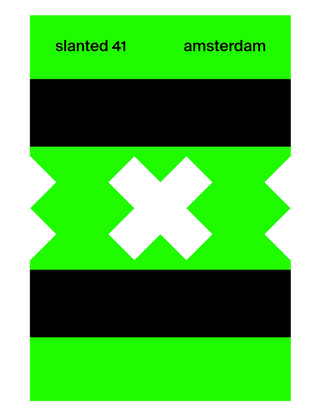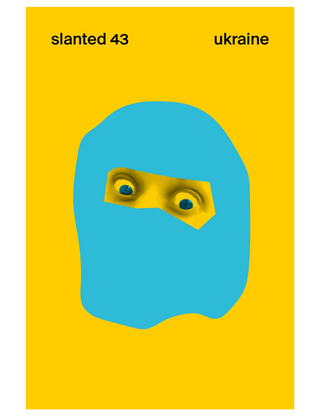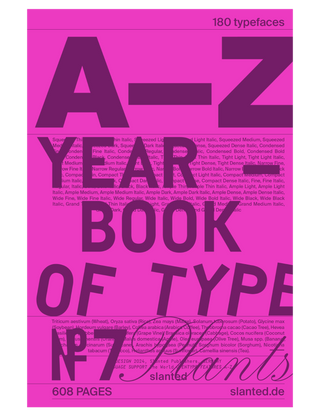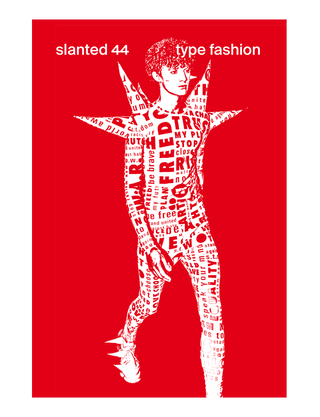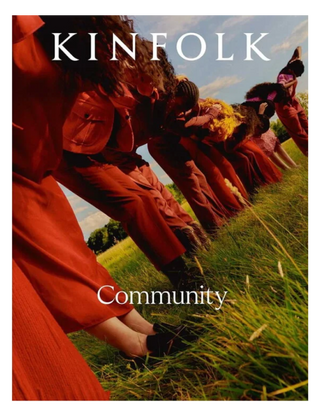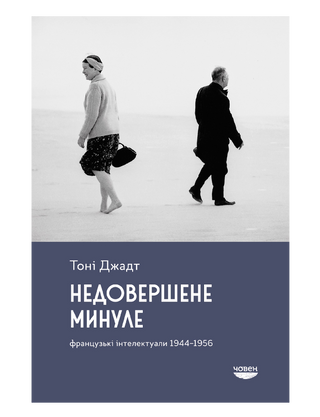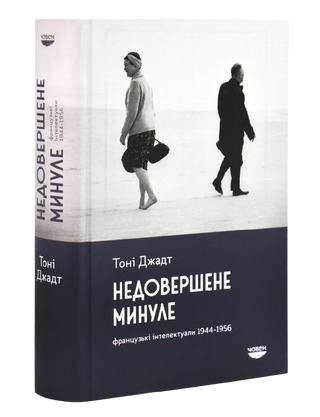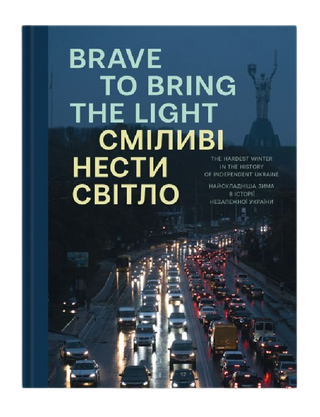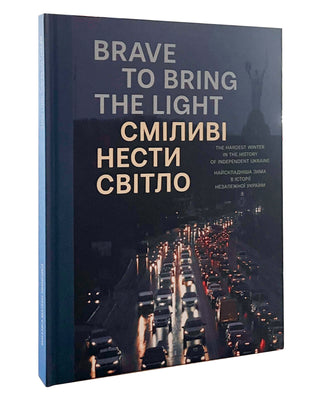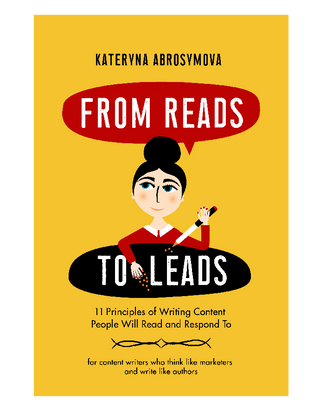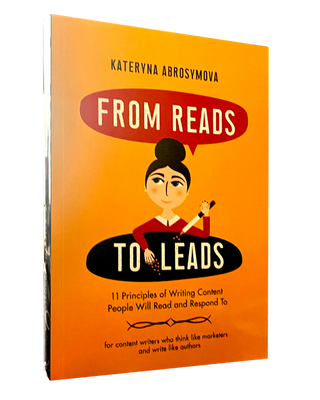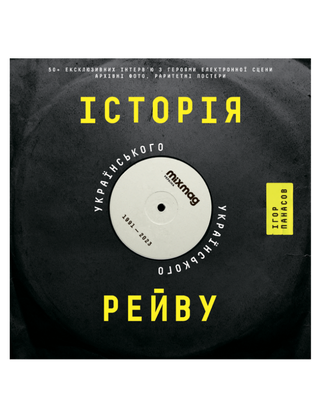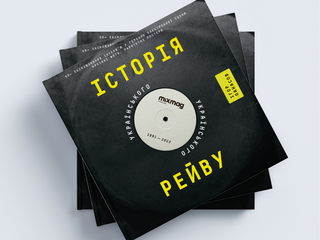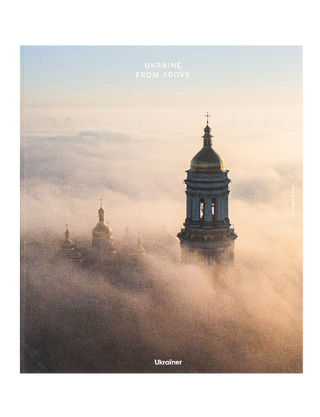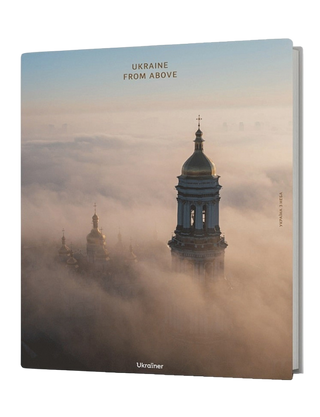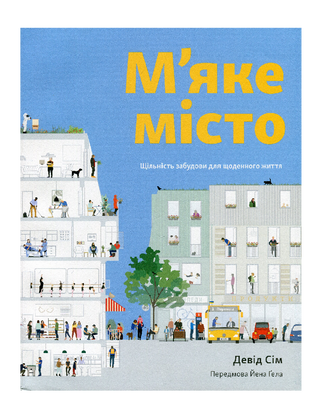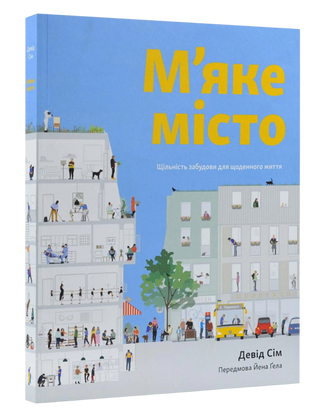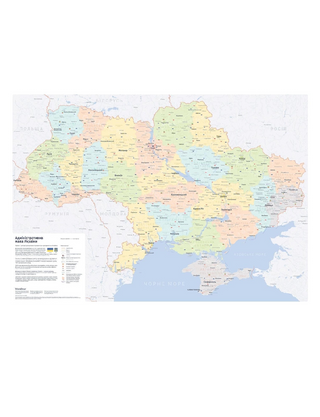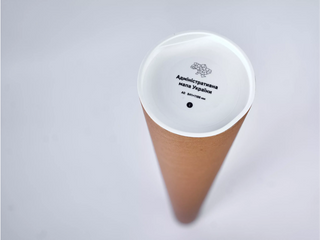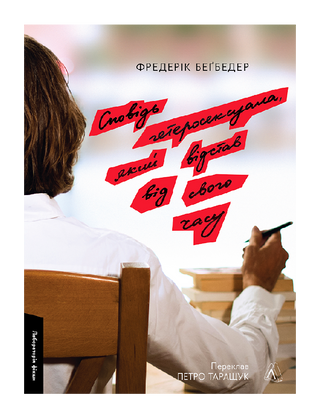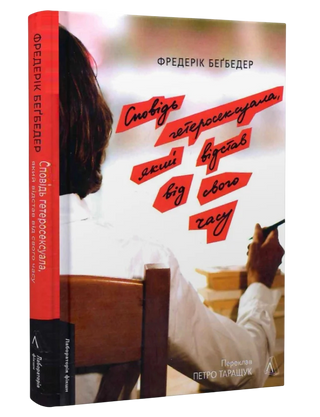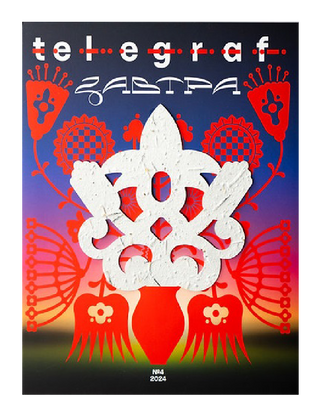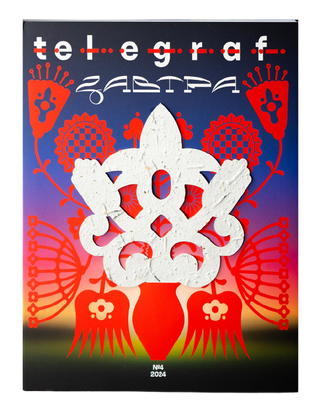Cover: Hardcover
Number of pages: 512
Language: Ukrainian
Published: 2024
Dimensions: 20.0 x 13.0
Genres: All, Non-fiction books
"The Incomplete Past" by Tony Judt analyzes the influence of French intellectuals on European cultural and political life after the Second World War. Judt focuses on their reactions to communism and their efforts to maintain radical beliefs despite the apparent hypocrisy of Stalin's USSR and the communist regimes of Eastern Europe. He interprets these dilemmas as an unfinished story, believing that intellectuals have not come to terms with the "moral irresponsibility" that has negatively affected the cultural position of France.
Judt built an academic career in the much narrower field of French history. Actually, he was a representative of the respected discipline of French Studies in English-language science, which was distinguished by leading specialists such as Eugen Weber, Alistair Horne, Stanley Hoffmann, Robert Paxton, Richard Cobb, Robert Darnton, Maurice Larkin, Robert Gildea, Andrew Shannan and Jeremy Jennings. . Tony Judt, an expert on the French left, also shone in this constellation. His "Post-War" was the first step towards a broader theme, while the first Ukrainian edition of "The Incomplete Past" (1992) provides an opportunity to see Jadt at his core.
It may seem to the Ukrainian reader that the topic of French intellectuals and their attitude to Stalinism has lost its relevance, but Jadt shows that these issues have parallels with modernity. A poor understanding of history enabled French intellectuals to accept and justify a repressive regime and sacrifice the peoples of Central Europe to it. In today's context, when a similar threat may re-emerge on the continent, the book is even more relevant than it was in 1992. Intellectuals, as a social group, still shape public opinion, and their erroneous conclusions can once again endanger public ideals.
Translator (from English) - Halyna Gerasim.
Adding product to your cart
You may also like
Brave to Bring the Light / Brave to Bring the Light. Photo book about the most difficult winter in the history of independent Ukraine The team of authors
₴1,900.00
- Unit price
- / per
₴1,900.00
- Unit price
- / per
From Reads To Leads. 11 Principles of Writing Content People Will Read and Respond To Kateryna Abrosymova
₴1,300.00
- Unit price
- / per
₴1,300.00
- Unit price
- / per
History of Ukrainian rave Igor Panasov
₴900.00
- Unit price
- / per
₴900.00
- Unit price
- / per
Ukraine from above Ukraїner team
₴990.00
- Unit price
- / per
₴990.00
- Unit price
- / per
Severodonetsk. Reports from the past Svitlana Oslavska
₴350.00
- Unit price
- / per
₴350.00
- Unit price
- / per
Soft city. Building density for everyday life David Sim
₴870.00
- Unit price
- / per
₴870.00
- Unit price
- / per
New map of Ukraine Ukraїner team
₴275.00
- Unit price
- / per
₴275.00
- Unit price
- / per
Confessions of a heterosexual who was behind his time Frederick Bagbeder
₴259.00
- Unit price
- / per
₴259.00
- Unit price
- / per
Telegraph. Tomorrow
₴1,600.00
- Unit price
- / per
₴1,600.00
- Unit price
- / per
20th Century Classic Cars Phil Patton
₴912.00
- Unit price
- / per
₴912.00
- Unit price
- / per
Your product's name
Product subtitle
Regular price
₴29.99
₴19.99
- Unit price
- / per
Regular price
₴29.99
₴19.99
- Unit price
- / per
Your product's name
Product subtitle
Regular price
₴29.99
₴19.99
- Unit price
- / per
Regular price
₴29.99
₴19.99
- Unit price
- / per
Your product's name
Product subtitle
Regular price
₴29.99
₴19.99
- Unit price
- / per
Regular price
₴29.99
₴19.99
- Unit price
- / per
Your product's name
Product subtitle
Regular price
₴29.99
₴19.99
- Unit price
- / per
Regular price
₴29.99
₴19.99
- Unit price
- / per
Your product's name
Product subtitle
Regular price
₴29.99
₴19.99
- Unit price
- / per
Regular price
₴29.99
₴19.99
- Unit price
- / per
Your product's name
Product subtitle
Regular price
₴29.99
₴19.99
- Unit price
- / per
Regular price
₴29.99
₴19.99
- Unit price
- / per
Your product's name
Product subtitle
Regular price
₴29.99
₴19.99
- Unit price
- / per
Regular price
₴29.99
₴19.99
- Unit price
- / per
Your product's name
Product subtitle
Regular price
₴29.99
₴19.99
- Unit price
- / per
Regular price
₴29.99
₴19.99
- Unit price
- / per
Your product's name
Product subtitle
Regular price
₴29.99
₴19.99
- Unit price
- / per
Regular price
₴29.99
₴19.99
- Unit price
- / per
Your product's name
Product subtitle
Regular price
₴29.99
₴19.99
- Unit price
- / per
Regular price
₴29.99
₴19.99
- Unit price
- / per
Go to section
Your product's name
Product subtitle
Regular price
₴29.99
₴19.99
- Unit price
- / per
Regular price
₴29.99
₴19.99
- Unit price
- / per
Your product's name
Product subtitle
Regular price
₴29.99
₴19.99
- Unit price
- / per
Regular price
₴29.99
₴19.99
- Unit price
- / per
Your product's name
Product subtitle
Regular price
₴29.99
₴19.99
- Unit price
- / per
Regular price
₴29.99
₴19.99
- Unit price
- / per
Your product's name
Product subtitle
Regular price
₴29.99
₴19.99
- Unit price
- / per
Regular price
₴29.99
₴19.99
- Unit price
- / per
Your product's name
Product subtitle
Regular price
₴29.99
₴19.99
- Unit price
- / per
Regular price
₴29.99
₴19.99
- Unit price
- / per
Your product's name
Product subtitle
Regular price
₴29.99
₴19.99
- Unit price
- / per
Regular price
₴29.99
₴19.99
- Unit price
- / per
Your product's name
Product subtitle
Regular price
₴29.99
₴19.99
- Unit price
- / per
Regular price
₴29.99
₴19.99
- Unit price
- / per
Your product's name
Product subtitle
Regular price
₴29.99
₴19.99
- Unit price
- / per
Regular price
₴29.99
₴19.99
- Unit price
- / per
Your product's name
Product subtitle
Regular price
₴29.99
₴19.99
- Unit price
- / per
Regular price
₴29.99
₴19.99
- Unit price
- / per
Your product's name
Product subtitle
Regular price
₴29.99
₴19.99
- Unit price
- / per
Regular price
₴29.99
₴19.99
- Unit price
- / per
Go to section
By completing this form, you are signing up to receive our emails and you can unsubscribe at any time.

